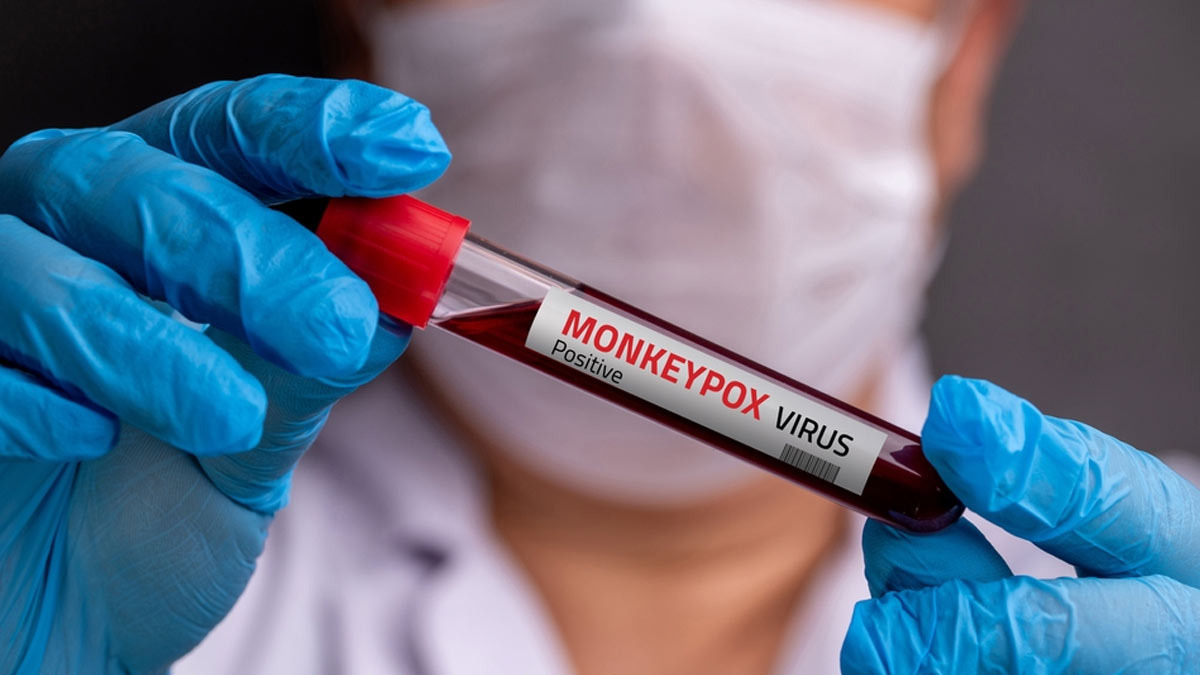
As global health authorities continue to monitor the spread of the highly contagious Mpox virus, Delhi has been thrust into the spotlight with the detection of its first suspected case. This development has prompted heightened vigilance across the city, especially in the medical community, as concerns rise over the potential for a widespread outbreak.
Table of Content:-
Patient Admitted to AIIMS Delhi
The suspected patient, who recently returned from an overseas trip, was admitted to the All India Institute of Medical Sciences (AIIMS) in Delhi after exhibiting symptoms associated with the Mpox virus, formerly known as monkeypox. Upon admission, the patient was immediately isolated and transferred to the AB-7 ward, a specialized unit within AIIMS designed to handle infectious diseases and provide the necessary quarantine protocols.
While the patient remains under strict observation, the hospital has not yet confirmed the presence of the Mpox virus. Doctors are closely monitoring the individual's condition, with further tests being conducted to determine the exact cause of the symptoms. AIIMS authorities have assured the public that all precautionary measures are being taken to prevent any potential spread of the virus within the facility.

AIIMS Issues Guidelines Amid Global Mpox Concerns
In response to the suspected case, AIIMS Delhi swiftly issued guidelines for the management of patients displaying symptoms of Mpox. These guidelines are part of a broader effort to ensure that healthcare workers are well-prepared to handle such cases, especially in light of the growing global concerns surrounding the virus. The guidelines emphasize the importance of early detection, proper isolation protocols, and rigorous hygiene practices to prevent transmission within healthcare settings.
Also Read: Mpox Outbreak: More Than 1K New Cases Recorded In Congo In 7 Days, Reports CDC
Understanding Mpox: A Closer Look at the Virus
Mpox, previously known as monkeypox, is a rare viral disease caused by the monkeypox virus, a member of the orthopoxvirus family. The virus was first identified in laboratory monkeys in 1958 in Lagos, Nigeria, and was later found to infect humans in 1970 in the Democratic Republic of Congo. Since then, the virus has continued to evolve, giving rise to two distinct clades: Clade-I and Clade-II.
While the virus shares some similarities with smallpox, it is generally less severe, though still highly contagious. Mpox has primarily affected Central and West African countries, but in recent years, cases have been reported in other parts of the world, raising concerns about its potential to spread more widely.
How Mpox Spreads: Transmission Pathways
The Mpox virus is known for its ability to spread through various means, making it a highly contagious pathogen. As per Dr Joydeep Ghosh, Consultant - Internal Medicine, Fortis Hospital, Anandapur, transmission can occur through direct contact with an infected person or animal, particularly through skin-to-skin contact with rashes, sores, or bodily fluids. Respiratory droplets from an infected person's cough or sneeze can also carry the virus, posing a risk to those in close proximity. Additionally, contact with contaminated materials, such as bedding, towels, or clothing used by an infected person, can facilitate the spread of the virus.
Also Read: Two-Year-Old Boy From Meghalaya Diagnosed With Vaccine-Derived Polio; Know All About It
Given the virus's transmissibility, healthcare facilities and communities are urged to remain vigilant, especially in regions where suspected cases have been reported. The implementation of strict hygiene protocols and the isolation of infected individuals are critical measures in preventing outbreaks.
Is Mpox the Next COVID-19?
While Mpox has garnered attention due to its contagious nature, it is important to note that it differs significantly from the COVID-19 virus. Unlike COVID-19, which was a novel virus with no prior immunity or vaccines available at the onset, Mpox is a known virus with a long history of affecting humans. The World Health Organization (WHO) has highlighted that vaccines exist to prevent the spread of Mpox, which was not the case with COVID-19 during its initial stages.
However, despite these differences, the Mpox virus should not be taken lightly. The potential for it to spread, particularly in regions where it has not been previously prevalent, necessitates strict adherence to preventive measures.
Bottomline
As the suspected Mpox case in Delhi continues to be evaluated, the city's healthcare infrastructure is on high alert. The swift response by AIIMS Delhi, including the implementation of guidelines and the isolation of the patient, underscores the importance of preparedness in the face of potential outbreaks. While Mpox is not a new virus, its contagious nature and the evolving global situation demand continued vigilance and proactive measures to safeguard public health.
Also watch this video
How we keep this article up to date:
We work with experts and keep a close eye on the latest in health and wellness. Whenever there is a new research or helpful information, we update our articles with accurate and useful advice.
Current Version